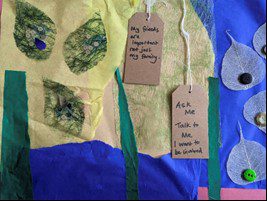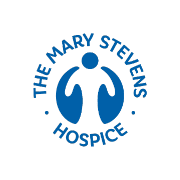Advance Care Planning
What do we mean by advance care planning?
Advance care planning (ACP) is a series of conversations between individuals, people important to them and healthcare staff about what matters most, their future choices and wishes and priorities for care. Advance care planning enables people to discuss and document their health and care wishes and we know that when advance care planning conversations take place wishes are much more likely to be known and respected by those looking after them.
Traditionally, advance care planning has taken place in a clinical environment involving conversations between people, clinicians and family members resulting in a completed document that is regularly reviewed. But what about people who are not known to services, who experience multiple obstacles including discrimination, social exclusion, systematic and structural barriers?
No Barriers Here and people with learning disabilities
No Barriers Here adopts a public health approach to palliative care, working alongside communities who are often well but who are known to experience inequity in life and in death. We provide a safe, inclusive environment to think about planning for future care, often within the heart of people’s communities. Our workshops enable people to be involved in early decision making, moving away from a medicalised environment and the barriers that ‘form filling’ and healthcare systems often create. Like traditional advance care planning, the workshops cover a series of topics taking place over consecutive weeks and people are informed of the process if they wish to share their choices and wishes with loved ones and anyone involved in their care within an advance care planning document.
The first phase of No Barriers Here was co-produced by people with learning disabilities to explore the use of artmaking to create and support a less verbal approach to thinking about death and dying. Participants attended three workshops to share their choices and wishes for end of life care, using arts-based methods to create an alternative advance care plan.
A film from the project was developed to challenge the misconceptions around talking about death and dying with people with learning disabilities, the use of arts-based methods in palliative care and tackle inequities people with learning disabilities experience.
The project was a collaboration between The Mary Stevens Hospice, Dudley Voices for Choice and an Arts Psychotherapist, and funded by The Masonic Charitable Foundation and managed by Hospice UK.
‘Advance care planning is a process that supports adults at any age or stage of health in understanding and sharing their personal values, life goals and preferences regarding future medical care. The goal of advance care planning is to help ensure that people receive medical care that is consistent with their values, goals and preferences during serious and chronic illness.’
International Consensus Definition of Advance Care Planning (Sudore et al 2017)

‘My sister and support worker are important to me. I would want them to help me make decisions.’


